Game of Thrones – Some Thoughts

Have a Theory? Share It Now!
It’s great to be back for Game of Thrones – I’ve got more than a few thoughts for you guys in anticipation of the final season premiere. I’ve organized them below.
A Theory for the End Based on Themes and Not Tinfoil
Jon Snow and Dany will both die. Game of Thrones is known, on the surface, as a show with brutal, shocking deaths of main characters. But if you look closer, this show is about legacy – it’s about how death isn’t the end, but rather, how a life echoes for generations. It’s a story that, in Season 7, is still about Ned Stark.
Look at the North. Ned, by all accounts, was a just, honorable, and kind lord. He raised his children with integrity. He did not play the game of thrones – he played the long game, but would never see it that way. His execution had obvious political consequences – it’s not necessarily surprising that the North would unite around Robb, even if Ned was kind of a shit. But in Season 6 – the Boltons have all the power and the North has just lost a war. Ned has no (known) living trueborn sons. Nonetheless Jon and Davos are able to rally certain houses against impossible odds using, in no small part, Ned’s legacy. The echo of Ned’s life continued well past his death – it carried into Jon’s leadership style and the loyalty House Stark evoked under Ned’s (and now Jon’s) rule. It’s the reason why the North will be as ready as they can be against the army of the dead. Ned’s death was shocking, but it’s greatest impact has been more subtle and spanned across the remainder of our story.
The same can be said of Cat Stark to a lesser degree. Littlefinger and Brienne – about the two most different people in the universe – dedicate their lives to the memory of Cat Stark. Her life echoed well beyond her death, turning the man who pined after her into a monster and giving purpose to an honorable outcast. Cat Stark is just as responsible as Sansa for the outcome of the Battle of the Bastards. She’s just as responsible as Theon for helping Sansa escape Ramsay.
I could go on – Tywin Lannister, a man obsessed with legacy, is one of the great ironies of this story because that obsession led to neglected children who would come to hate and destroy that legacy – but I think we get the point. The deaths in this show are shocking, but often are the best way to highlight a main character’s true impact.
So turn to Jon and Dany. This can’t just be a story where the secret king, hidden as a bastard, rises to take the throne as a heroic king. It can’t be a story where the princess on the run unites her forces and finally fulfills her dream of coming home to her birthright. And it can’t be a story where you have those two competing fantasy tropes and the ending is – hey, they both happen because Jon and Dany rule together! That’s not Game of Thrones. That’s not George R.R. Martin. And we know, from interviews, that the show will used Martin’s self-described “bittersweet” ending. At the same time, it would be a great disservice to have Jon or Dany simply die for shock value.
When the dust settles – once the wars are won – the surviving characters must build a new world. Dany wanted to smash the wheel and free all men and women. Jon was held back his whole life under a feudal system, but flourished with the Free Folk. It might be tempting for whomever is at the top once all is said and done to simply don the crown and take the throne. It might be impossible for competing factions to agree among their own competing ideals and plans for the future. But if the show genuinely wants Dany and Jon to have a real impact, they will die, and their friends and followers will continue their legacy as best they can – by destroying the Iron Throne.
How they die is, of course, up for debate (I theorize that Jon will end up as the heir to the Night King, but that’s for another day). Regardless, in my view, Jon and Dany must both die so that their legacy can guide the future of Westeros for ages to come. It’s the ending this story deserves – an ending that would preserve Game of Thrones’ legacy so that the impact of this show could echo long after the final credits roll.
Um, Actually… Robert Baratheon did have a (weak) claim to the Iron Throne In your Season 8 Preview Episode Gene mentioned that Robert Baratheon really didn’t have a claim to the Iron Throne – he just kicked ass and took it during the Rebellion. That’s only sort of true. Yes, by rights, the Throne belonged the Mad King, then to Rhaegar, then to Viserys, then to…well, that’s where it gets tricky and the rules of succession could make for another email on their own. But what every system of succession would agree on is that Robert Baratheon was actually in the line of succession (albeit very, very far down).
Robert was not a random choice for king. Sure, he was a great warrior. So was Ned Stark. Sure, he had great leadership potential. But Jon Arryn, Hoster Tully, and Rickard Stark were proven leaders. Sure, he was handsome and charismatic. So was Renly, so was Brandon Stark. Robert had it all…but that’s only why he, and not Stanis, became king – it’s not why House Baratheon got the Throne. Houses Stark, Tully, Arryn, and Baratheon had to agree on which house would become the royal family. It’s easy to see these guys as “the good guys” when compared to the Mad King, but Hoster Tully (Catelyn’s dad) was a schemer and a dickhead. Rickard Stark (Ned’s dad) was the most politically ambitious Stark in centuries – the match with the Tullys was a power play. Northern honor on the outside, Southern ambitions within. They all wanted more power – but there can only be one king and they would have to agree on this at the outset to successfully win the Rebellion. House Baratheon won out over the other houses because it is actually an offshoot of House Targaryen. The founder of House Baratheon – Orys Baratheon – was one of Aegon the Conqueror’s generals, his best friend, and likely his bastard half-brother. No other rebelling house had any possible bloodline connection to the Throne. This mattered. It as an objective way to unite behind one house and – remember – overthrowing the Mad King was an exception,not the rule. None of the rebelling lords had an interest in destroying rules of succession in general.
Cheers,
-Ken L
Subscribe Now
- Android: https://shatontv.com/game-of-thrones-android
- Apple/iTunes: https://shatontv.com/game-of-thrones-itunes
Help Support the Podcast
- Support with Paypal – https://shatontv.com/paypal
- Support With Venmo – https://venmo.com/ShatPodcasts
- Shop / Merchandise: https://shatontv.com/shop
- Shop Amazon With Our Affiliate Link – https://www.amazon.com/?tag=shatmovies-20
- Sponsor’s Listener Survey – https://shatontv.com/survey
- Leave an iTunes Review – https://shatontv.com/game-of-thrones-review
- Leave a Voicemail – (914) 719-SHAT – (914) 719-7428
- Feeds & Social Media – https://shatontv.com/subscribe-and-follow/
- Checkout our Movie Podcast – http://shatthemovies.com
- Theme Song – “Seven Nation Army (Epic Orchestral Cover)” – Ciaran Burch

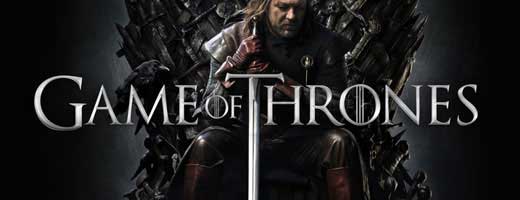
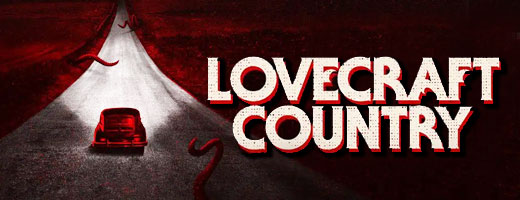

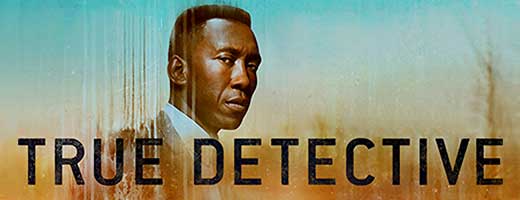
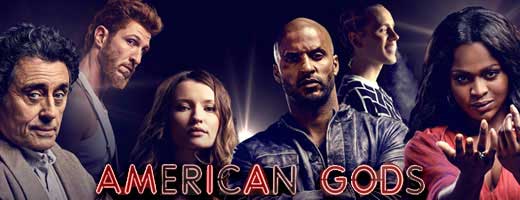
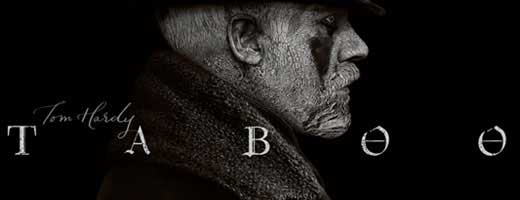
Robert did have a claim to the throne, but far more people would be in his way. He took it by force. Even in the books, he’s acknowledged as a usurper who broke centuries of tradition by killing the Targaryens and taking the throne. His lineage is only hazily connected.